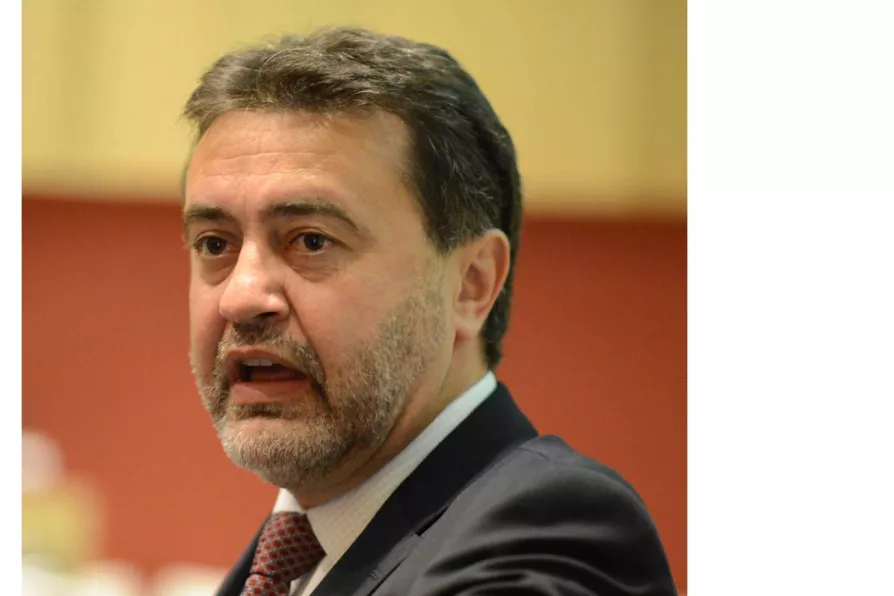As tens of thousands return to the streets for the first national Palestine march of 2026, this movement refuses to be sidelined or silenced, says PETER LEARY

 Education International's Angelo Gavrielatos
Education International's Angelo Gavrielatos
TODAY, the African Regional Council of Education International held a meeting in Addis Ababa, in parallel with the meeting of African Union Heads of State in the same city.
At this meeting, Education International (EI) will release a statement drafted by the African Regional Council, condemning education privatisation across Africa and calling on African governments to invest in quality public education for all.
EI represents around 32 million educators worldwide and its African Regional Council is made up of the elected representatives of over three million teachers and education workers across 49 different countries.

MATT WRACK issues a clarion call for a rejuvenation of public services for the sake of our communities and our young people

As the Alliance of Sahel States and southern African nations advance pan-African goals, the African Union must listen and learn rather than parroting the Western line on these positive developments, writes ROGER McKENZIE

The devastating impact of austerity has left Scotland’s education system on its knees, argues ANDREA BRADLEY, urging politicians to show courage by increasing wealth taxation to fund our schools properly

We face austerity, privatisation, and toxic influence. But we are growing, and cannot be beaten










